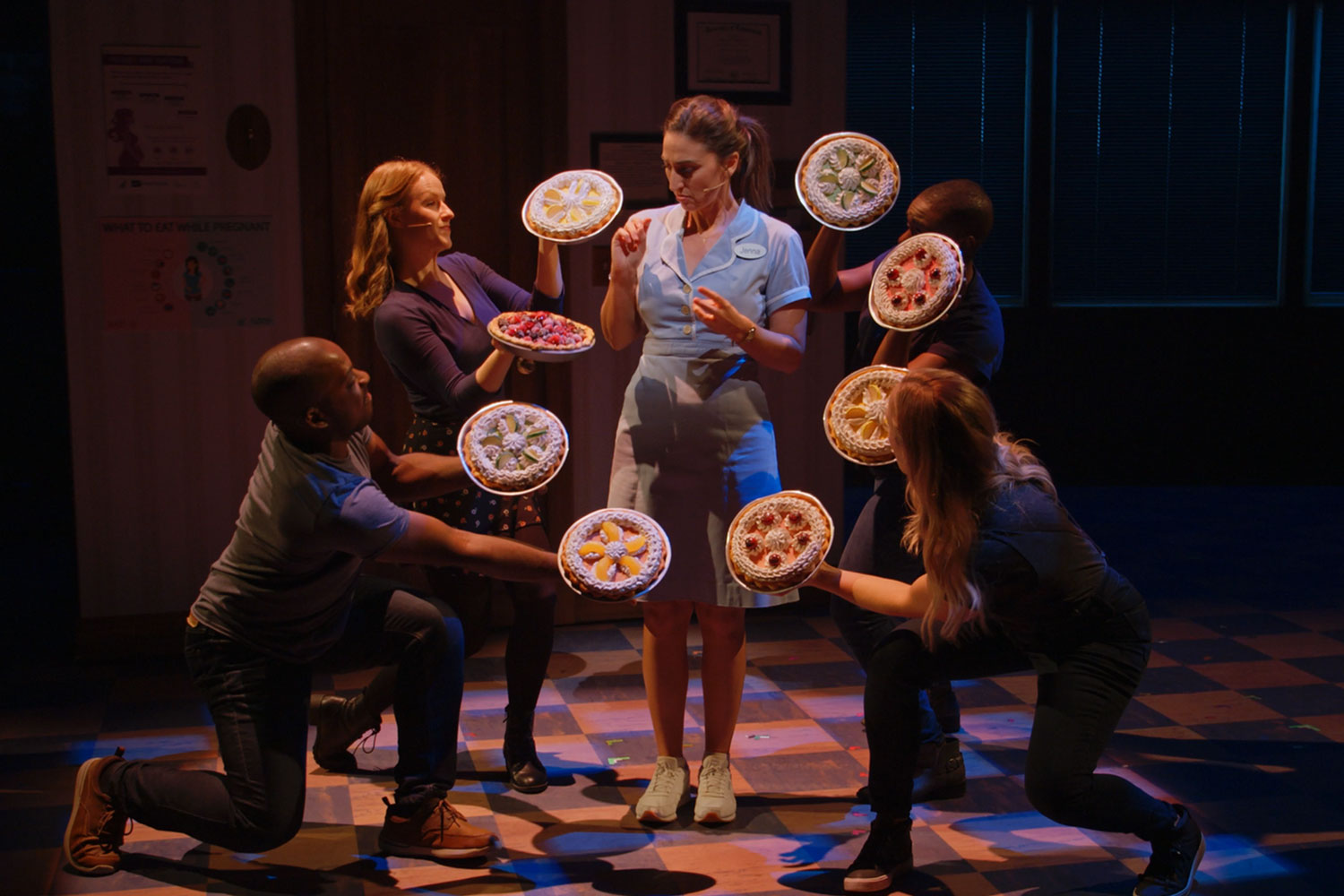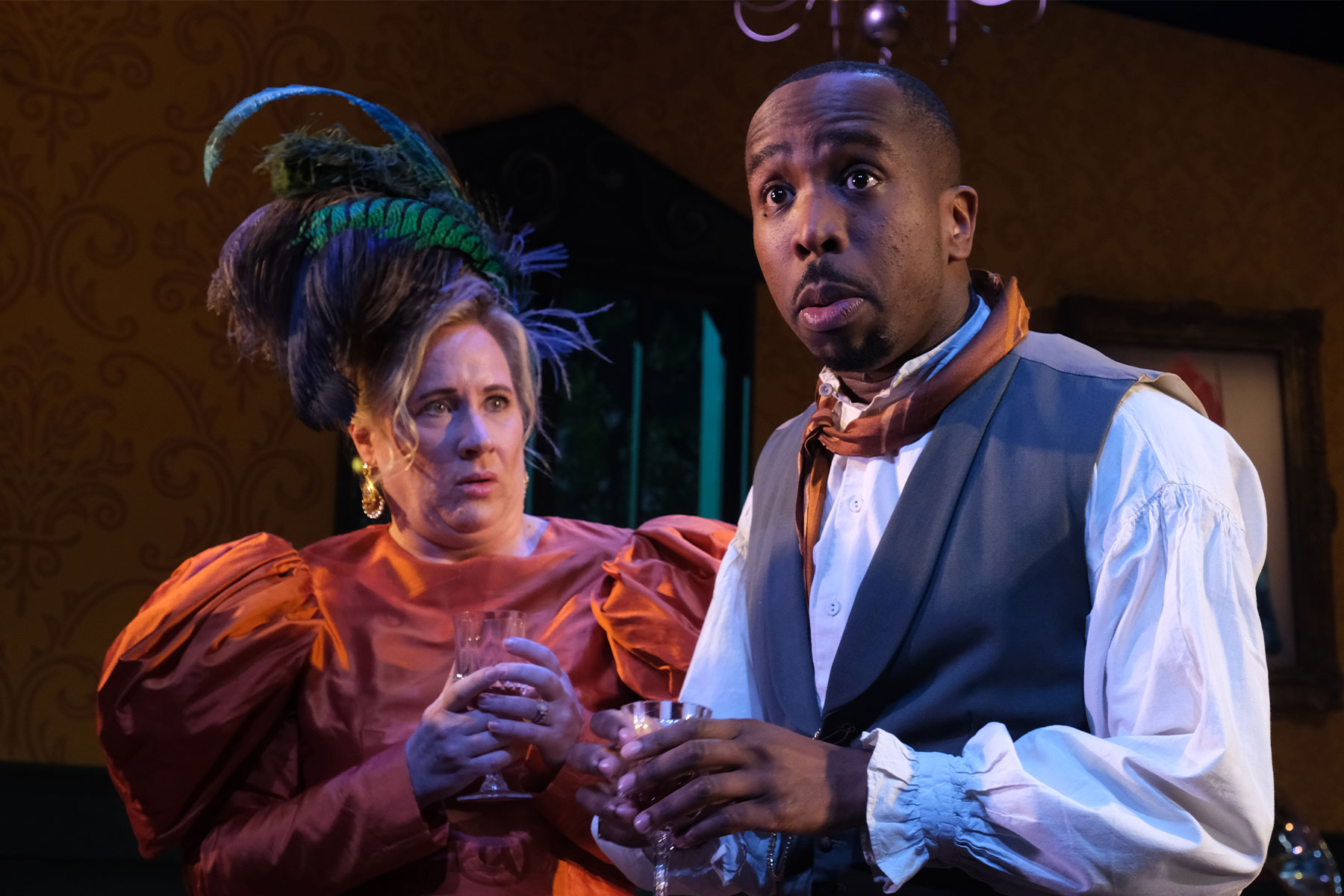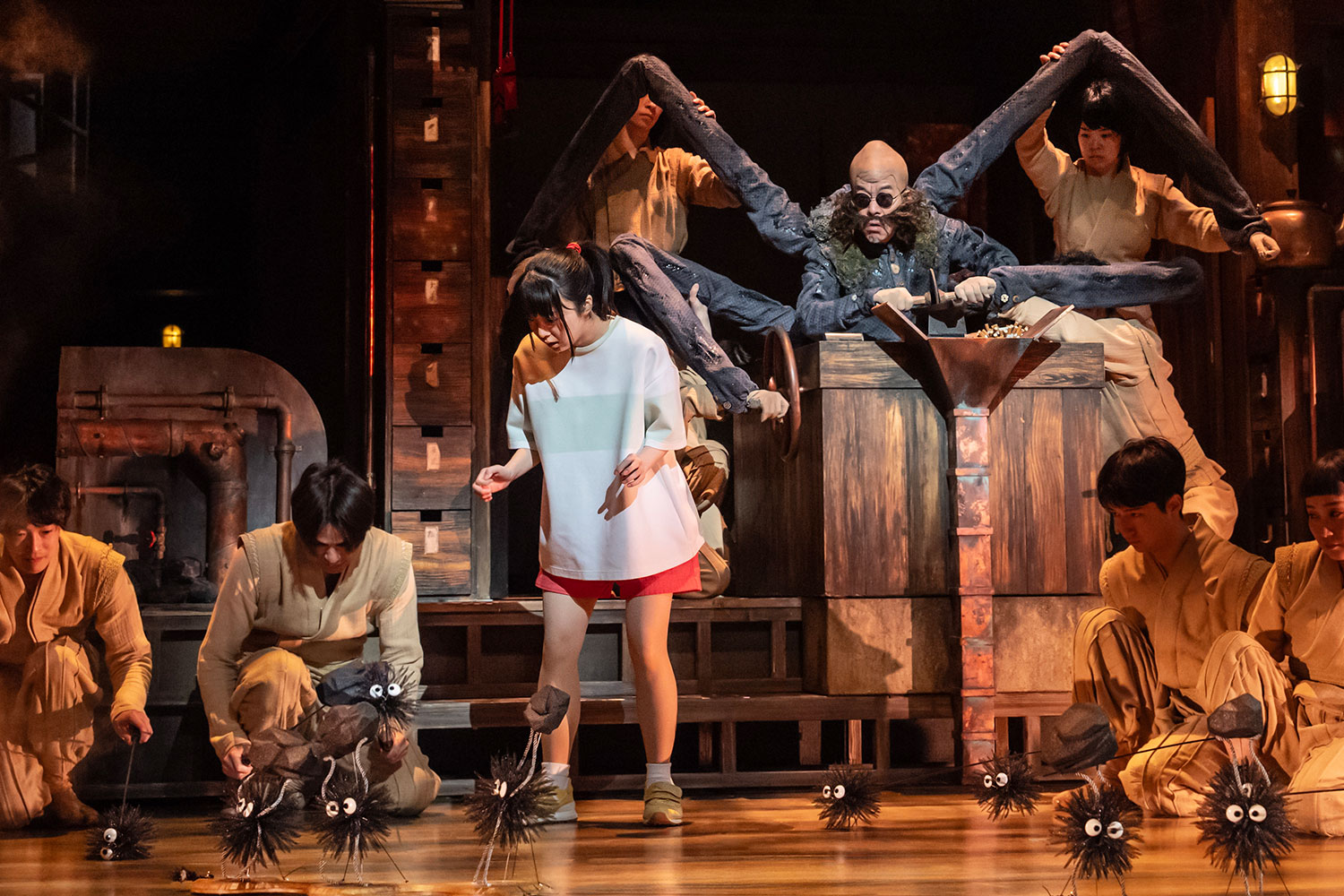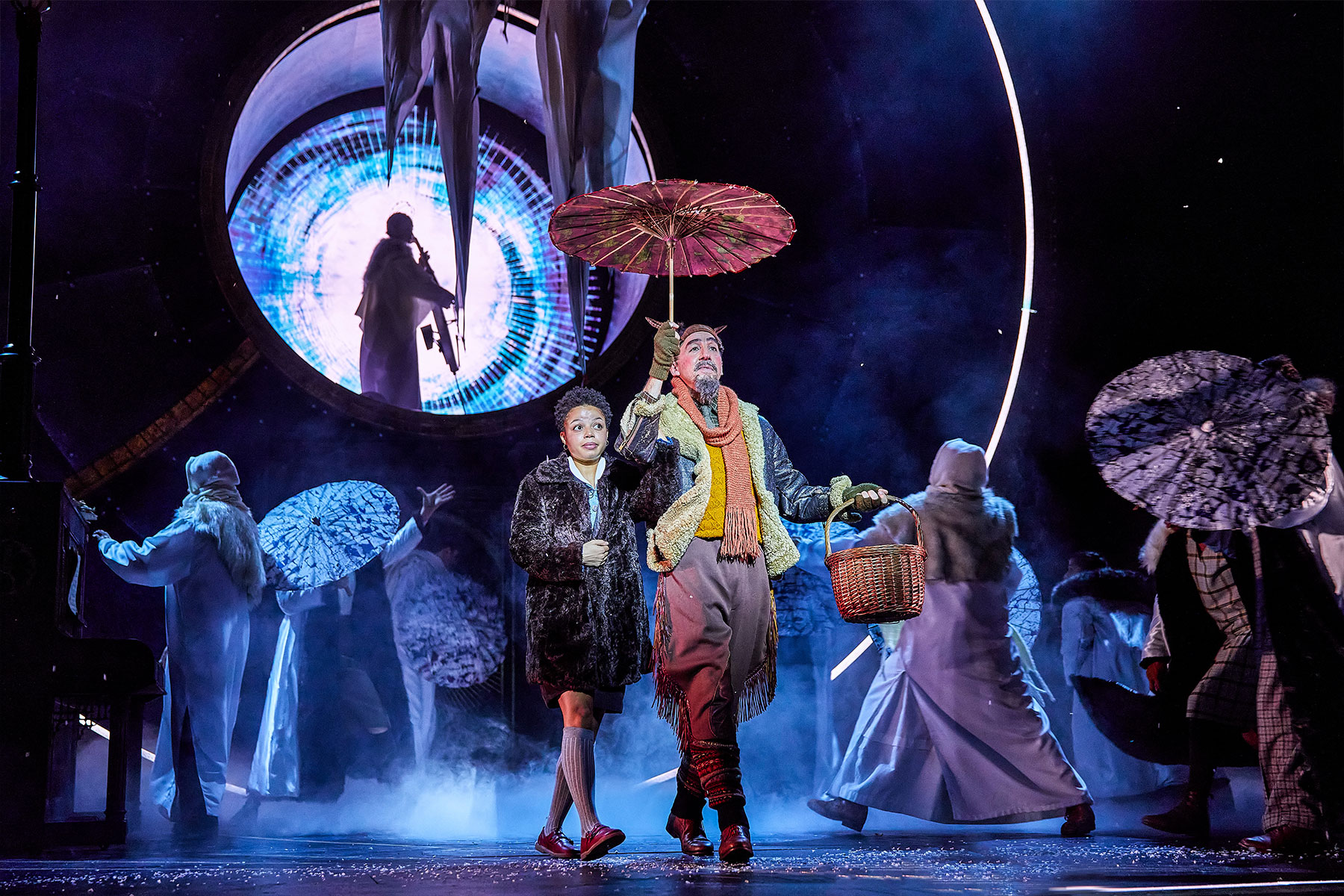Celia, Mahler & Sloppy Times
Celia Imrie threw a great party in the Savoy Hotel yesterday evening to launch her autobiography, The Happy Hoofer. The book is an entertaining romp through her career to date, stopping off to “reveal” (as everyone knew) that the father of her grown-up son is Benjamin Whitrow.
I didn’t spot Ben in the throng in the Princess Ida room overlooking the river, and I couldn’t stay long as I was dashing to the Festival Hall for a concert, but I did have time to catch up briefly with Bill Nighy, who was at drama school with Celia (the Guildford School of Dance and Drama, or “Prance and Murmur” as Bill calls it, where the movement classes were famously taken by Bice Bellairs wearing no knickers), playwright Stewart Permutt, actors Peter Eyre, Rupert Everett and Pauline Moran, raunchy novelist Fidelis Morgan, and directors David Conville, who gave Celia her first job in Regent’s Park, and Giles Havergal, who cast her at the Glasgow Citizens.
Julia Ford was enjoying her last night of freedom before diving into two weeks of rehearsals as Lady Macbeth in Liverpool, replacing Jemma Redgrave, who has left the cast citing “personal reasons.” One just hopes there’s nothing more sinister behind her defection — the Redgrave clan has suffered too much lately — after rehearsing for four weeks with David Morrissey and director Gemma Bodinetz.
Julia had no idea what the problem was, but is happy to link up with Morrissey, an old boy friend, once more; years ago they were in Stratford-upon-Avon together, notably appearing in Deborah Warner’s marvellous production of King John, with lots of ladders.
I was in good time (well, five minutes to spare) for Mahler’s Sixth at the Festival Hall, but the lead violinist wasn’t; he was stuck on the Jubilee Line and missed the first movement of this massive, tragic and remarkable symphony, conducted with incredible vim and vigour by 81-year-old Lorin Maazel.
Maazel, who still cuts a trim and electrifying figure, barely consulted his score and hardly bothered to lean on the brass rail behind him. His gestures are precise but minimal, and the Philharmonia Orchestra was sensitive and reponsive to the tiniest nuance of instruction.
There are harps slapped like guitars, tympani hit with a giant mallett, and a brass section so virtuosic you wondered if they would be interested in playing anything else after this. It’s only when you see such playing in a concert hall you appreciate the greatness of what Mahler achieved. On the way in, I bumped into Paul Driver of the Sunday Times, a specialist in contemporray music. How modern is Mahler, I asked him: completely, and always, he said.
Over dinner with friends afterwards, we discussed the strange lives some actors lead. Too bad if you’re obituarised in The Times, these days, though: your life may well be so misrepresented you don’t even recognise it yourself.
Nicholas Selby, a wonderful old Toby Jug of a suppporting actor, notably at the RSC in the 1960s, died last September, but The Times on Monday claimed that he passed away only last Friday.
They also attributed Peter Barnes’s play, The Bewitched, to John Arden, and Gunter Grass’s The Plebeians Rehearse the Uprising to Bertolt Brecht, and stated that Selby played in Tamburlaine at the National opposite Laurence Olivier (in fact, Albert Finney).
We all make mistakes, but the newspaper once renowned as the newspaper of record has surely set a new one with this obit. The final editorial coup de grace is administered by the picture caption beneath the shot of Selby as King Duncan with Francesca Annis as Lady Macbeth. This “RSC production” is, in fact, the 1971 movie by Roman Polanski. Oh dear.










